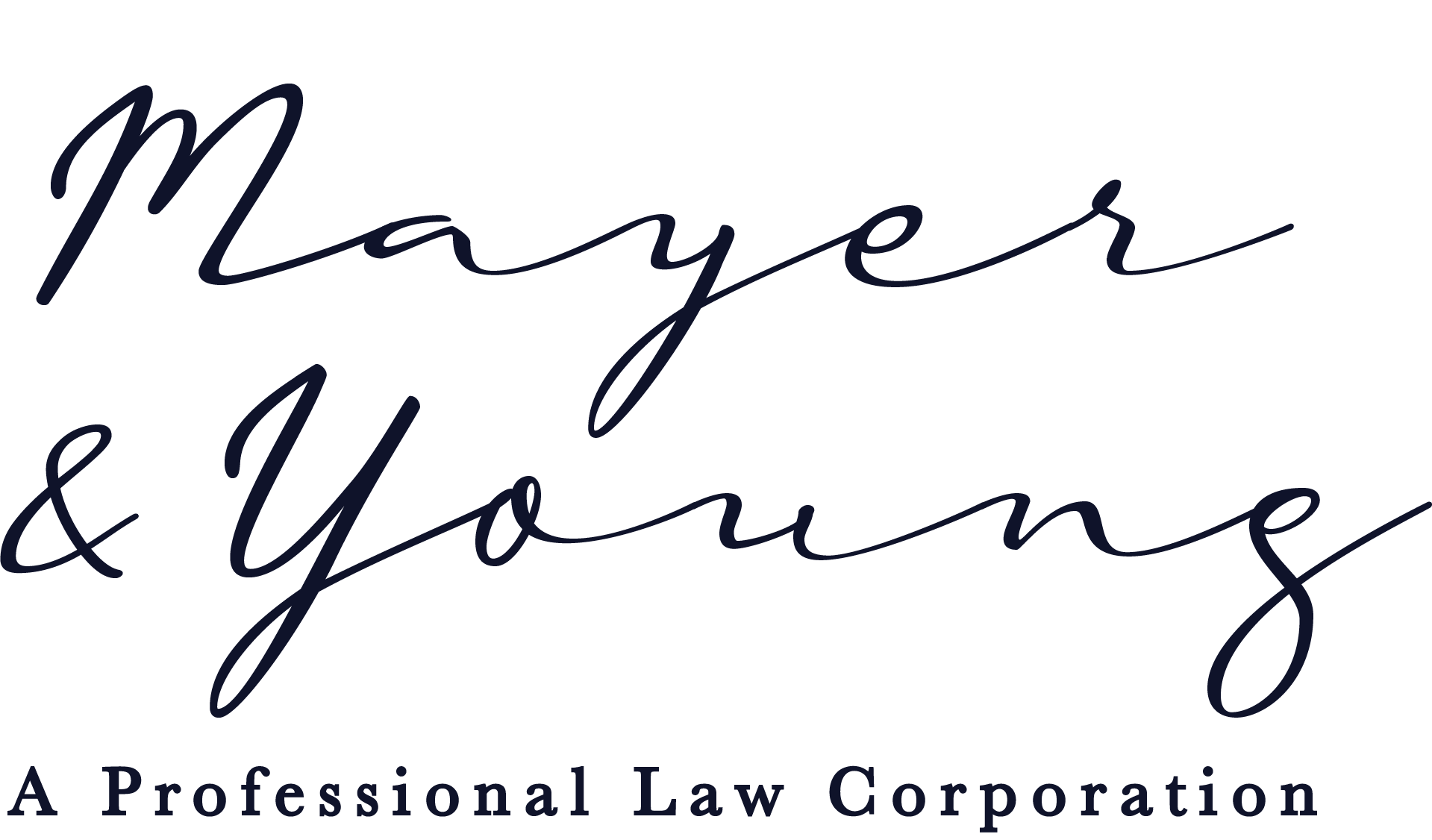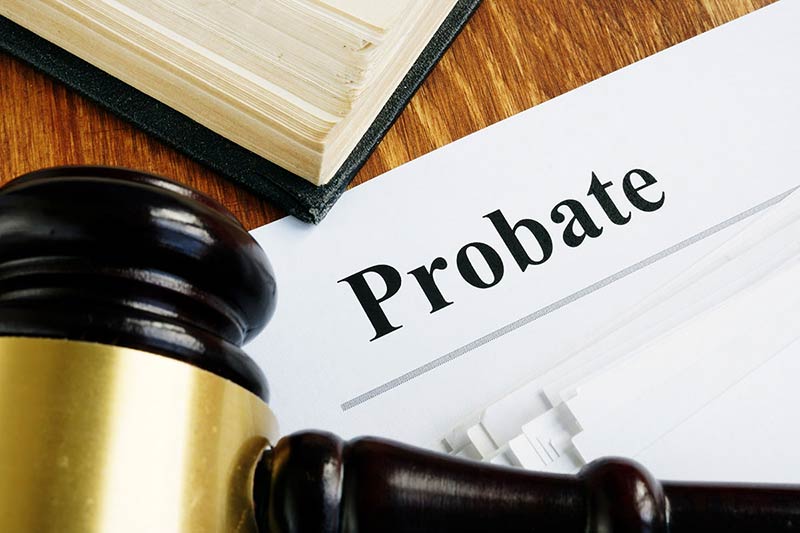A Respectful Approach to Divorce
The foundation of a collaborative divorce case is for the parties to have mutual respect and consideration for each other and a willingness to resolve their case in a non-adversarial manner. Collaborative divorces focus on negotiation and the utilization of neutral experts, along with attorneys, to reach a fair agreement.
Our attorneys are specially trained in collaborative divorce and members of the Sacramento Collaborative Practice Group. In your consultation we can discuss the differences between a litigated divorce and a collaborative divorce and help you decide which avenue is best for your case.
Our role in a collaborative case is to advise our client as to the legal implications of their case and to provide recommendations as to the best approach to resolve each issue. Attorneys are not neutral in the collaborative process and for that reason, each party still retains their own counsel. We always remind clients that part of the reason this process works is that the attorneys in a collaborative divorce sign an agreement at the beginning of the case that they will not seek court intervention. If the case requires litigation, then neither attorney may continue to represent their client. The goal of a collaborative case is to avoid litigation altogether and this agreement helps to ensure that everyone is mindful of that objective.
As your attorney, we will help you to understand how best to explain your position to the other side and we will provide you with information as to how a judge would likely rule. Using the specific facts of your case, the applicable law, and our courtroom experience, we help you to achieve an agreement with your spouse that is both equitable and legal.


A neutral financial expert helps to ensure that both spouses have equal knowledge as to the value of their marital property. This is especially beneficial when one spouse took on the role of managing finances during the marriage and the other feels at a disadvantage without the underlying information. The financial expert assists in both identifying and dividing assets and debts, along with determining what, if any, support is appropriate.
If there are issues as to child custody in your case, then a neutral child specialist will be part of your collaborative team. We rely on the child specialist to provide insight into the factors that impact your child’s adjustment to his or her parents divorcing, as well as to help you develop a parenting plan and schedule. In many cases, since custody is an ongoing issue, the parties choose to continue to work with the child specialist if problems arise in the future. This provides the parties with a trusted source for their needs and allows for quick resolution without court intervention to occur even after they are divorced.


Either or both parties may choose to have a divorce coach in the collaborative process. The divorce coaches work with the parties to define their objectives both during and after the divorce. The coaches also provide emotional support and conflict resolution assistance to the parties. Oftentimes a breakdown in communication is part of the reason the parties are getting a divorce and having an advocate to provide you with the tools to better explain your position to your spouse makes the entire divorce process run smoother.
We describe the role of the divorce coach in more detail in our blog article: What is the role of a Divorce Coach in a Collaborative Case?



